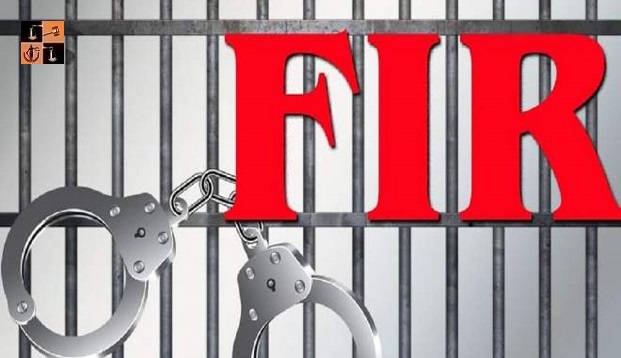The Patna High Court, while dismissing a petition filed under Section 482 of CrPC by the Petitioner against the impugned order dated 02.03.2016, passed by Ld. Sub Divisional Judicial Magistrate, whereby the application filed on behalf of the prosecution for alteration of charge was rejected, held that if such a course to be adopted by the parties is allowed, then it will be well-nigh impossible for the criminal court to conclude its proceedings and the concept of the speedy trial will be jeopardized.
Brief Facts:
Laheriyasarai Case was lodged under Sections 143, 144, 451, 380, 384, 386, and 427 of the Indian Penal Code. Subsequently, after investigation charge sheet was submitted and cognizance was taken and thereafter charge was framed against the accused persons for the offence punishable under Sections 147, 144, 323, 427, 452, and 451 of the Indian Penal Code. Charge under Section 380 of the Indian Penal Code, however, was not framed. The prosecution filed the said application for alteration of charge praying for addition of charge under Section 380 of the Indian Penal Code. However, the Trial Court rejected the application filed by the prosecution holding that the application is meant to delay the disposal of the case which is already nearly about ten years old.
Contentions of the Petitioner:
The Learned Counsel for the Petitioner submitted that the Learned Trial Court arbitrarily rejected the application on the grounds of delay in disposal of the trial. He also argued that as per the merit of the case, a charge under Section 380 of the Indian Penal Code is also made out, and the Learned Trial Court should have allowed the application to add a charge under Section 380 of the Indian Penal Code to the charge already framed.
Contentions of the Respondents:
The Learned Counsel for the Respondents submitted that alteration of charge is provided under Section 216 of the Cr. P.C. whereby it is the Court which may alter or add to any charge at any time before judgment is pronounced and no party is authorized to move any application for addition or alteration of any charge nor Court is required to entertain such an application from either of the parties. Any such application on behalf of either of the parties is not maintainable. Hence, the impugned judgment is not sustainable in the eye of the law.
Observations of the Court:
The Court noted that the power of the invocation of Section 216 CrPC is exclusively confined to the Court as an enabling provision for the purpose of alteration or addition of any charge at any time before the pronouncement of the judgment.
The Court observed that neither the de facto complainant nor the accused or for that matter the prosecution has any vested right to seek any addition or alteration of charge because it is not provided under Section 216 CrPC. If such a course to be adopted by the parties is allowed, then it will be well-nigh impossible for the criminal court to conclude its proceedings and the concept of the speedy trial will be jeopardized. When the application preferred by the appellant itself before the trial court was not maintainable, it was not incumbent upon the trial court to pass an order under Section 216 CrPC. Therefore, there was no question of the said order being revisable under Section 397 CrPC.
The decision of the Court:
The Patna High Court, dismissing the petition, held that the petition is devoid of merits.
Case Title: Md. Asif v The State of Bihar & Ors.
Coram: Hon’ble Justice Jitendra Kumar
Case no.: CRIMINAL MISCELLANEOUS No.20205 of 2016
Advocate for the Petitioner: Mr. Uma Shankar Singh
Advocate for the Respondents: Mr. P.K. Jha
Read Judgment @LatestLaws.com:
Picture Source :


























